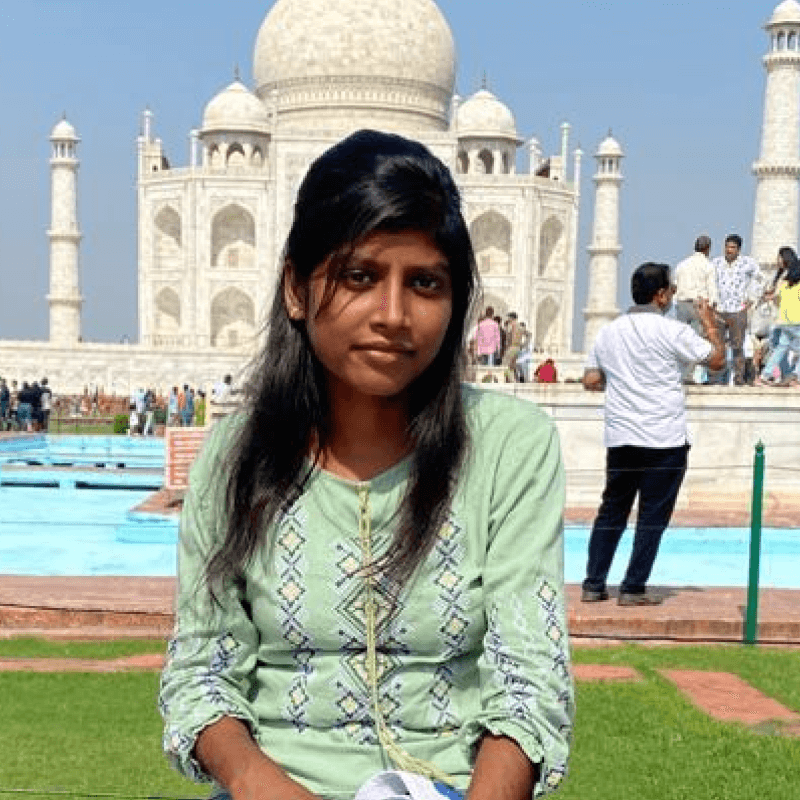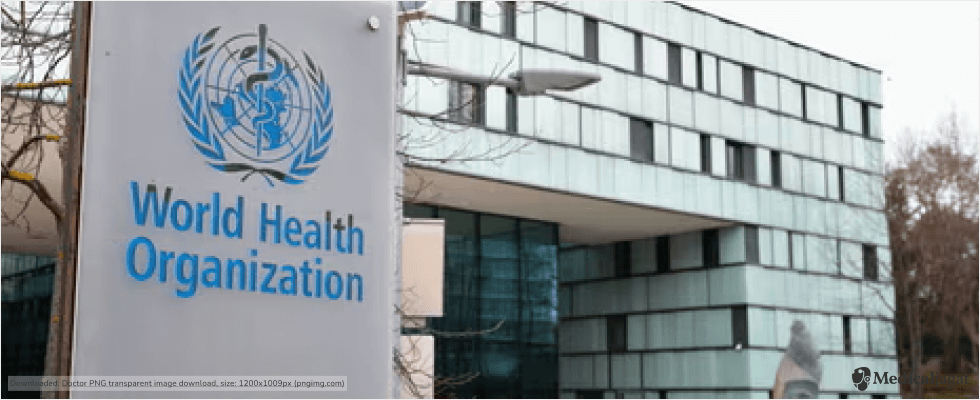
Over a million people in India suffer from sickle cell disease, making it the second largest in the world. Last year, Prime Minister Narendra Modi introduced the National Sickle Cell Anaemia Elimination Mission, with a goal to eradicate sickle cell disease as a public health concern by 2047.
New Delhi: The Director General of the Indian Council of Medical Research (ICMR), Dr. Rajiv Bahl, recently shared insights into this mission, highlighting efforts to address this significant health challenge. Rajiv Bahl highlighted key advancements in public health during his address at the 19th International Conference of Drug Regulatory Authorities (ICDRA) INDIA-2024.
He announced a significant breakthrough in tuberculosis (TB) diagnosis with the development of a new indigenous handheld X-ray device designed for TB screening. This innovation will enhance early detection and treatment efforts, improving public health outcomes.
Dr. Bahl stated, "Handheld X-rays are currently available at a very high cost. Now, IIT Kanpur, in collaboration with ICMR, has indigenously developed a handheld X-ray device that costs less than half the price of imported versions. This will enable us to screen for TB near patients' homes, especially among vulnerable populations."
In addition to TB diagnostics, India has also made progress in developing testing kits for Mpox. Dr. Bahl revealed that India has developed three testing kits for Mpox, and three companies are already manufacturing them.
He also addressed the issue of sickle cell disease, noting that over a million people in India are affected by the condition. As part of the National Sickle Cell Anaemia Elimination Mission, ICMR recently conducted a brainstorming session with doctors and scientists across the country at its New Delhi headquarters. Dr. Bahl highlighted a major achievement: India has developed 18 low-cost tests for detecting sickle cell anemia, reducing the cost per test from ?400 to just ?30.
Addressing the threat of dengue, Dr. Bahl mentioned that India has suffered significant losses due to the disease. However, a dengue vaccine may soon be available. "We are in phase three of clinical trials for the dengue vaccine, and we expect results within a year. If the data confirms its safety and efficacy, India will develop its own dengue vaccine," he said. (ANI)















